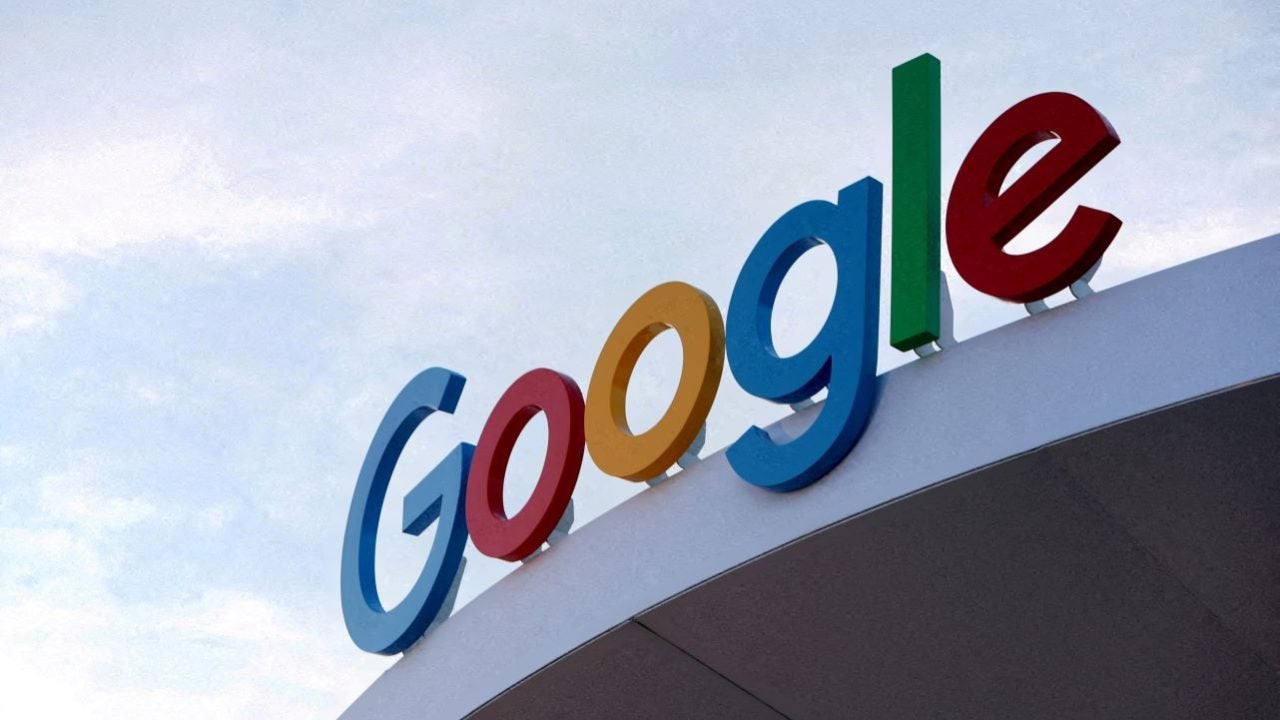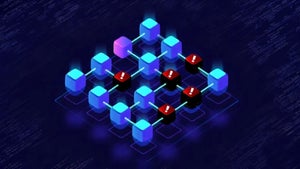News
Has Google died or is it more alive than ever? Even the company itself doesn't know
AI has only come to complicate things

- September 9, 2025
- Updated: September 9, 2025 at 8:35 AM

In a recent court presentation, Google’s lawyers claimed that the web is collapsing, an argument that starkly contradicts the company’s statements over the past few months, in which its executives maintained that the web is not only thriving, but is an open and healthy space. This contradiction has raised concerns among publishers and content creators, who fear that the rise of artificial intelligence (AI) will negatively impact their traffic and, therefore, their business.
Dying or Rising?
The CEO of Google, Sundar Pichai, has publicly defended that the company will continue to send more traffic to publishers, despite criticism regarding how the AI tool called “AI Overviews” is altering the business model of search and the web. However, the fact that Google, in a judicial context, describes the web as a “sinking ship” raises doubts about the sincerity of its public statements.
This situation has led to questioning Google’s role as a defender of the open web. While the company promotes a positive image in the media and public opinion, its defense in courts reveals a different picture, arguing that the current state of the web ecosystem is serious. If the web is indeed in decline, this could validate the fears of publishers regarding the impact of AI on their operations and traffic.

Google’s ability to maintain a coherent narrative about the health of the web is under scrutiny, and the question arises as to how the company can sustain both messages simultaneously. The struggle to balance economic interests and public perception becomes increasingly complex in a landscape where technology and the digital industry are rapidly evolving.
Latest from Agencias
You may also like
 News
NewsThe group of cyber threats that uses smart contracts to distribute malware
Read more
 News
NewsThe co-creator of Mortal Kombat warns that the first scene of the new movie is going to make us cry buckets
Read more
 News
NewsThe next season of Diablo 4 will have all these changes that you don't expect
Read more
 News
NewsMeta updates brand safety features
Read more
 News
NewsThis Christmas movie is everything you need to watch and get excited about with your family
Read more
 Article
ArticleHBO Max presents the French reinterpretation of a classic novel in its upcoming series
Read more